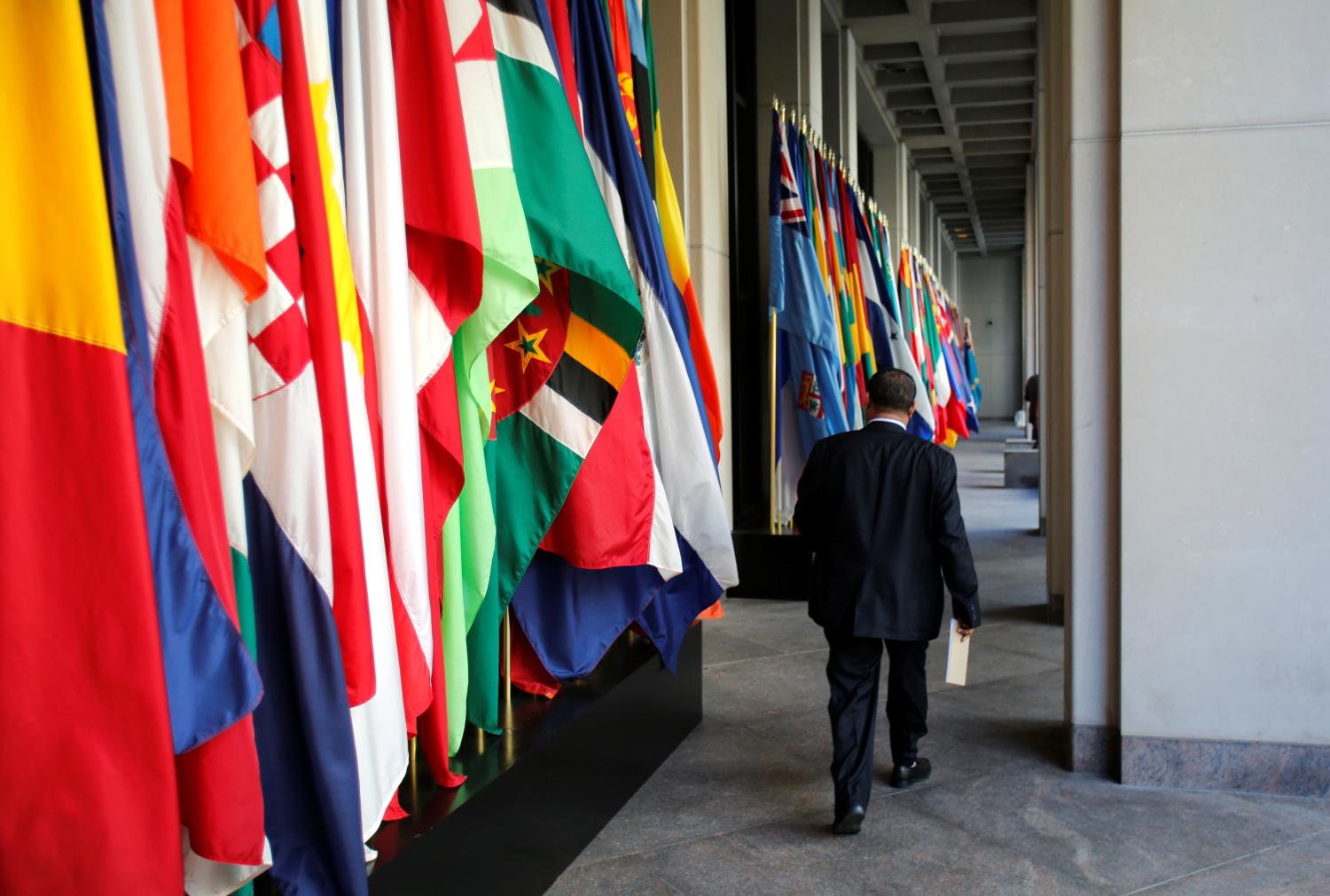Introduction
Among the three principal tools of American foreign policy—defense, diplomacy, and development—it is generally agreed that development is the area most in need of overhaul. Whether it is fighting poverty in the developing world, rebuilding a nation after years of conflict, or helping stabilize a failing or failed state, the United States government’s track record in the development field is mixed at best. There have been great successes in areas such as disease prevention and treatment, and disaster relief, but there have also been glaring failures.
Global poverty is as intractable as ever, despite decades of public and private sector efforts to provide help and opportunity for the world’s most vulnerable people. The fact that every major industrialized nation shares in this disappointment is of little comfort to the 40 percent of the world’s population that lives on less than $2 per day. Their plight is not only a human tragedy, but a source of growing political instability and violent extremism.
Corruption and poor governance account for a significant part of the problem, which is why the Millennium Challenge Corporation was created. It is based upon the principle that aid is more effective when it is tied to good governance, economic opportunity and investments in the people. However, corruption and poor governance are not the only reasons why so little economic progress has been made. Another major culprit is the manner in which most donor countries, international financial institutions and civil society organizations approach economic development. Simply put, most have failed to recognize and embrace the notion that the principal way to create sustainable economic development is through private sector investment and growth.
Given all the challenges facing American foreign policy, one might ask: why do the shortcomings of the U.S. government’s current approach to economic development matter so much? Stated simply, if the United States can help enable more people to provide for their families through economic growth and opportunity, then it has advanced the objectives of peace and stability. After the need to be safe and secure from violence or harm, there is no greater human aspiration than the desire to provide for one’s family. This is shared by every society, culture and religion.
Therefore, it is essential to craft a new and dynamic approach to economic development that reflects the realities of a 21st century global economy and incorporates the participation of a wide variety of new players, particularly those from the private sector. This new approach should be pursued with the same intensity as improving governance and social service delivery. It should focus fundamentally on job creation, seeking to finally establish a vibrant middle class in countries where ones do not exist.
While investment, trade and innovation all represent basic components of building healthy economies, this paper will focus primarily on strategies to increase both in-country and international private capital investment in order to create jobs. To that end, it will focus on two areas: strengthening and reforming the existing structures, coordinating mechanisms and policies that support U.S. economic development efforts; and improving public private partnership models to promote broader financing to local businesses, greater human capital support and technical assistance, and improved physical and ICT infrastructure.
For all of these changes to work, the relationship between the U.S. government and businesses operating in the developing world must be fundamentally reshaped. In particular, policies and authorities must be adjusted so that U.S. agencies are better informed and empowered to create partnerships. Moreover, a comprehensive approach to the private sector must be undertaken that provides greater access to debt and equity for small and medium- sized enterprises (SMEs), devises new and more relevant insurance products to protect against today’s political risks, uses donor funds more effectively to leverage private capital investment, makes technical assistance more plentiful and available to launch new ventures, taps the immense human capital of business-mindedAmericans, and tackles critical infrastructure needs to connect more producers to markets. By reimagining the role of the U.S. government in engaging the private sector in international development, there is an opportunity to redefine how America achieves its foreign policy aims and how it promotes its values abroad.
The Brookings Institution is committed to quality, independence, and impact.
We are supported by a diverse array of funders. In line with our values and policies, each Brookings publication represents the sole views of its author(s).




